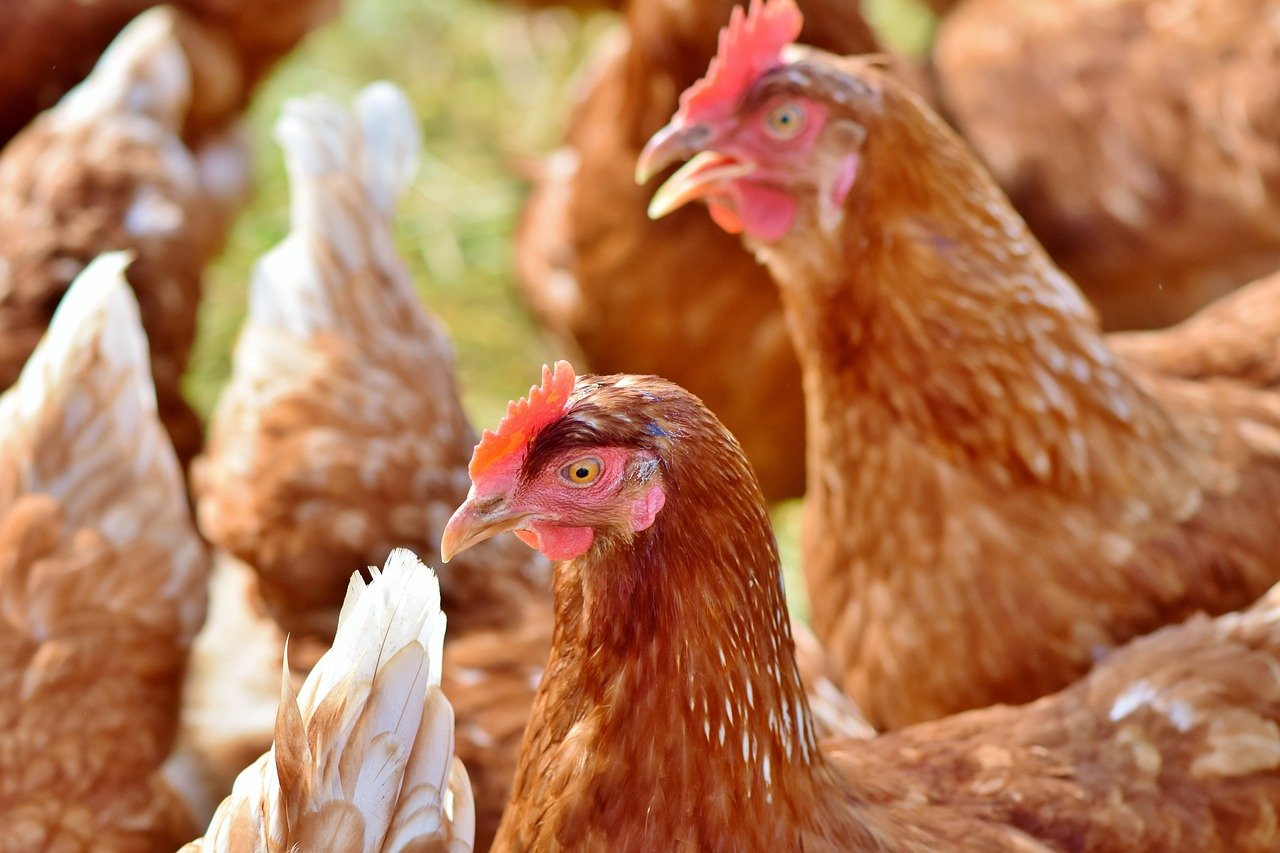Imagine getting free chickens just for being a resident of a town. It may sound unusual, but in France and Belgium, this initiative has been reducing food waste and bringing communities together for years.
In 2015, the village of Colmar in France started distributing free chickens to its residents as part of a waste reduction plan. The idea was simple – families would care for the chickens, feed them kitchen scraps, and in return, enjoy fresh eggs. The project, supported by local chicken farms, quickly gained popularity. More than 200 households signed up, each receiving two hens, either Poulet Rouge or the local Alsace breed.
To ensure responsible care, participants signed an agreement allowing welfare checks and had to provide a minimum of 8-10 square meters of space per hen. Over the years, the project expanded, and today, all 20 municipalities in Colmar participate. Since its launch, more than 5,200 chickens have been distributed, diverting over 270 tonnes of food waste from landfills.
Food waste is a major environmental issue. When it decomposes in landfills, it produces methane, a greenhouse gas 80 times more potent than carbon dioxide over a 20-year period. Globally, about one-third of all food produced is wasted, contributing to nearly 10% of annual greenhouse gas emissions. This makes reducing food waste an essential step in tackling climate change.
Similar projects have been launched elsewhere. In Pincé, another French town, officials distributed chickens in 2012 to help residents cut down on organic waste. Initially a lighthearted idea, it soon proved to be an effective waste-reduction method. In Belgium, cities like Mouscron, Antwerp, and Limburg introduced similar programs, with thousands of families signing up. Participants agreed not to eat the chickens for at least two years and received guidance on proper care.
The concept could seem like a great solution in places where eggs are expensive. In the U.S., where egg prices have surged due to inflation and bird flu outbreaks, a single chicken could lay eggs worth over $200 annually. However, experts point out some challenges. Regulations in certain countries restrict feeding chickens kitchen scraps due to disease concerns, and keeping hens requires time, space, and resources. Some believe that such programs might encourage food waste rather than reduce it.
One alternative solution is renting chickens. A business in New Hampshire, USA, offers a service where people can rent hens, receive feed, and collect fresh eggs at home without long-term commitment. This option has become popular for those who want to try raising chickens without permanent responsibility.
Despite the concerns, the initiative has brought unexpected benefits. In Colmar, it fostered a sense of community as neighbors helped each other care for the chickens. It also provided a way for children to learn about nature and animal care.
The success of such programs proves that small, creative ideas can have a big impact on sustainability and community bonding. With rising global awareness of food waste and environmental concerns, could more towns adopt similar strategies?


















